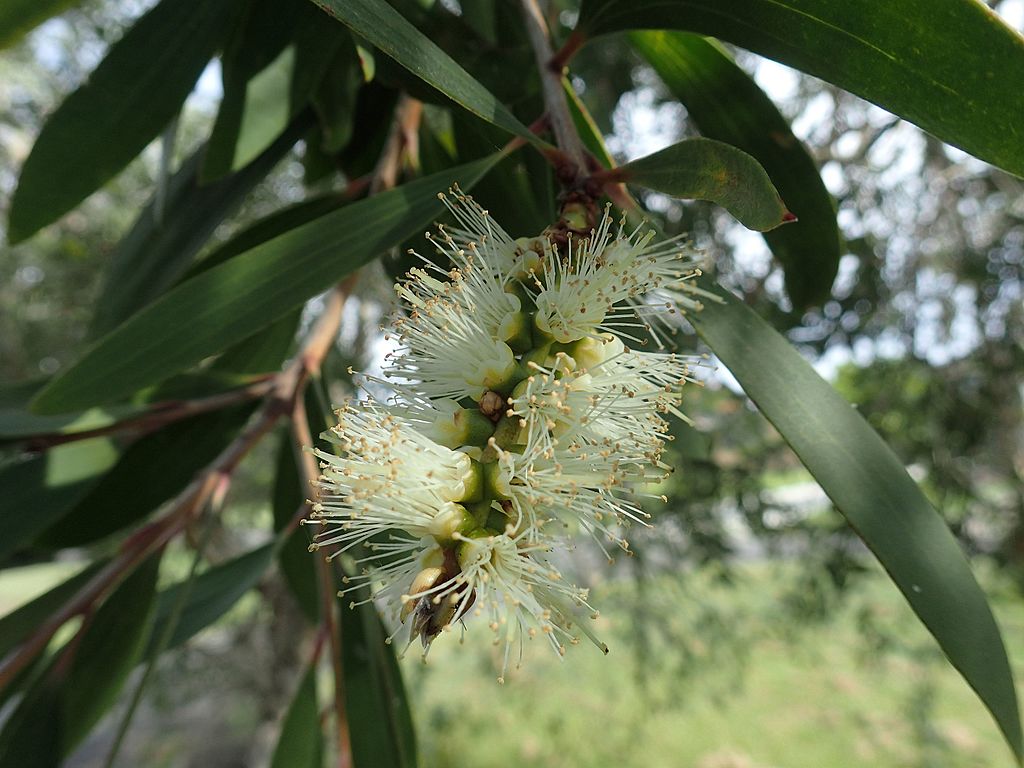Building capacity to manage Invasive Alien Species (IAS) and supporting technical and scientific cooperation for the achievement of Aichi Biodiversity Target 9
News details
Small Island Developing States of the Caribbean are particularly vulnerable to the ecological, economic and public health impacts of IAS, with rise in international trade, transportation and tourism in the region further compounding the risk.
To address the need for greater capacity to tackle IAS, the CARICOM Secretariat partnered with the Secretariat of the Convention on Biological Diversity (SCBD) to deliver a context-specific regional workshop on Aichi Biodiversity Target 9 on IAS.
Organized by the SCBD and held in Kingston Jamaica from September 18 to 22, 2017, the workshop was attended by participants from 10 Caribbean countries and two UK Overseas Territories. It not only focused on controlling existing IAS populations but on managing pathways to minimize opportunities for introduction of new alien species.
Prior to the workshop, the CARICOM Secretariat prepared a set of IAS Country Dossiers, summarizing the state of IAS management in the Caribbean, and hosted a series of pre-workshop preparatory webinars.
The workshop was attended by representatives from ministries responsible for biodiversity conservation and by representatives of national plant protection organizations. This dual representation was designed to get participants thinking and talking cross-sectorally, and was a clear success. Participants said that discussions at the workshop helped them to understand their complementary roles in IAS management and control, and generated ideas about how they could work better together at the national level. Participants committed to continuing the dialogue upon return to their respective countries. They also outlined national and regional next steps to advance IAS management as a biodiversity priority in the Caribbean. The CARICOM Secretariat will be organizing post-workshop webinars to follow up on the workshop outputs.

Melaleuca quinquenervia flower, comomnly known as the broad-leaved paperbark, originating from Australia and Papua New Guinea is now widespread and found in the United States of America where it is qualified as an invasive alien species. Photo by Geoff Derrin.
During the week of the workshop, Hurricane Maria swept through the Caribbean, causing devastation to countries in the region and adding to the toll of destruction caused by Hurricane Irma just weeks previously. Workshop participants devoted a special session to discussing CBD decision 8/27 which calls, in paragraphs 40 to 42, for measures to be taken to prevent the introduction and spread of invasive alien species during emergency relief, aid, and response operations.
The regional workshop in Jamaica was the latest in a series of collaboration between the CARICOM and CBD Secretariats. Previous partnerships have focused on sustainable financing for biodiversity (Aichi Biodiversity Target 20), and the Nagoya Protocol on Access and Benefit Sharing (Aichi Biodiversity Target 16).
Log in with your EU Login account to post or comment on the platform.